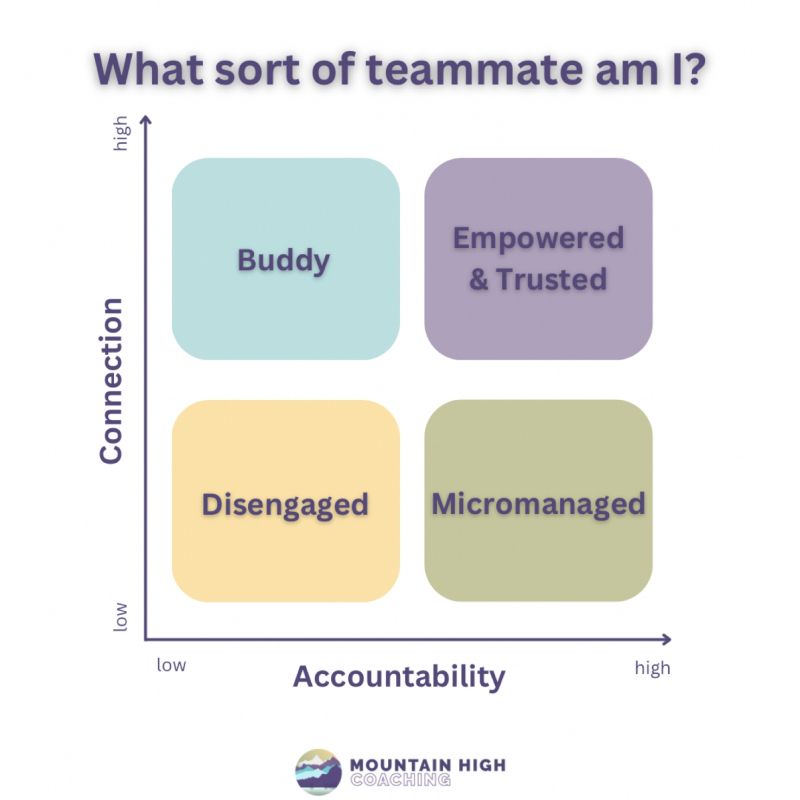Language and how we use it is so important, so I was really interested to come across this article today by Sawdah Bhaimiya, for Business Insider, especially after completing a workshop yesterday evening on the subject of Global Cultural Competency with Dr Aikyna Finch of the International Coaching Federation.
One of the things we discussed in the workshop was how things like jargon, accents, dialects, the speed at which we speak, rituals, eye contact etc, can all impact intercultural communication.
It can be so easy to not understand what someone is saying if your first languages are different, and if you’re using colloquialisms or jargon. There’s nothing like a bit of ‘plain speak’.
We all know that organisations are collections of people, trying to work together, and that communication is key. And while most organisations strive for a strong and cohesive culture, it can be easy to miss out certain cultural groups without realising, leaving them feeling marginalised.
I remember starting a job at a company that was obsessed with confusing 3 letter acronyms that were used profusely, and it could make keeping up in meetings pretty tricky. I got to the point where every time someone used one I hadn’t yet learned, I’d quietly interrupt to ask what it stood for. I didn’t want to get left behind or feel left out, so I needed the courage to speak up in front of new colleagues.
And this article is suggesting that younger workers are not only struggling to understand the ‘business speak’ being used around them, but that once they do, they’re having to change how they speak and adopt it in order to ‘fit in’.
It’s worth pointing out that a company culture isn’t inclusive if people have to change how they speak in order to fit in.
It’s something for people in organisations to think about, especially in an age of multinational organisations that employ a rich diversity of people from many countries, nationalities and cultures. That’s before you throw other diversities like gender, race, age and neuro into the mix.
Full inclusivity is also an important first step towards psychological safety according to Dr Timothy R Clark. So something else to consider when communicating with colleagues if this is something you’re striving for in your organisation.
One thing that was stressed on the ICF workshop is that building our global cultural competency is a journey, and that we should always assume positive intent if something goes wrong that has the potential to offend or exclude, so that we can be gracefully forgiving and lean into educating others, and be open to being educated.
So be prepared to speak up with kindness when communication between cultures is at risk of breaking down.
Here’s to a day where you feel included, just as you are.
‘Workplace Jargon’ Making Gen Z and Millennials Feel Left Out at Work (businessinsider.com)









